AI Assistants in BIOS and UEFI: Revolutionising PC Configuration
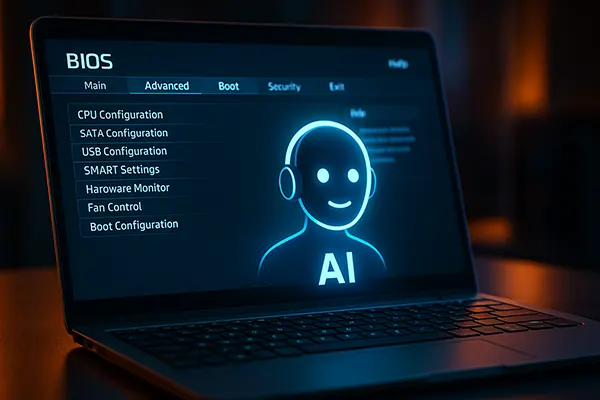
The role of artificial intelligence in personal computing is no longer limited to user interfaces and smart assistants. As of mid-2025, AI technology has made its way into one of the most critical and traditionally complex parts of a computer system – BIOS and UEFI. This integration is significantly changing how users interact with system settings, from enthusiasts to everyday users.
How AI Is Changing BIOS and UEFI Accessibility
Traditionally, BIOS and UEFI environments were intimidating for non-technical users. They presented dozens of obscure parameters, requiring deep technical knowledge to tweak system performance, boot sequences, or enable hardware features. AI assistants are changing this paradigm by introducing conversational interfaces and intelligent recommendations right within the firmware.
Major motherboard manufacturers like ASUS, MSI, and Gigabyte have integrated AI-driven tools into their UEFI firmware. These assistants analyse system configurations, usage patterns, and hardware capabilities to suggest optimal settings, such as CPU overclocking profiles, RAM timings, or energy-saving modes. This removes the guesswork and minimises the risk of misconfiguration.
For example, ASUS AI Suite within UEFI now includes Smart Tuning powered by machine learning models. This tool can automatically benchmark system performance and apply the best configuration for stability and speed without requiring user intervention. It also provides human-readable explanations for each adjustment, improving transparency and trust.
User-Centred Design: Making Setup Simpler
One of the standout benefits of AI in firmware settings is a user-focused interface. Instead of static menus and jargon, modern AI assistants offer guided setup wizards with voice or text-based input. They can interpret commands such as “optimise for gaming” or “reduce fan noise,” then map these intentions to precise BIOS parameters.
This feature has proven especially valuable for casual gamers, remote workers, and content creators who want to improve system performance without reading technical manuals. AI translates their everyday needs into BIOS actions like adjusting fan curves, enabling virtualisation, or tuning memory voltages.
Moreover, AI-driven interfaces can store user preferences in the cloud, allowing seamless migration of configurations between systems or after firmware updates. This makes firmware management more resilient, consistent, and user-friendly than ever before.
Security and Stability Enhanced by Machine Learning
AI is not only making BIOS/UEFI easier to use – it is making them safer. Security risks in firmware-level operations have been a concern for years, especially with the rise of UEFI rootkits. AI tools are now being used to monitor changes and flag abnormal behaviour that could indicate tampering or malware injection.
Machine learning algorithms, trained on thousands of firmware configurations and system logs, help detect anomalies during startup or when changes are made to critical boot parameters. These models can immediately alert users or IT administrators and even restore default settings automatically to prevent damage or unauthorised access.
Manufacturers like Lenovo and Dell have adopted AI-based integrity checkers in their BIOS. These tools validate firmware images against verified cryptographic signatures, enhancing the security posture of both personal and enterprise systems. This is particularly important in corporate environments where system integrity is vital to IT compliance.
Proactive Diagnostics and Recovery Tools
Another innovation enabled by AI is automated firmware diagnostics. When hardware malfunctions occur – such as memory errors, fan failures, or boot loops – AI tools can identify the issue faster than traditional logging tools. They offer real-time insights and step-by-step recovery recommendations, eliminating the need for trial-and-error troubleshooting.
In many systems, the BIOS assistant now includes voice feedback and QR codes that link to cloud-based help pages tailored to the specific error. Some even include system history to detect patterns over time, allowing predictive maintenance. This significantly reduces downtime and helps non-technical users address issues without seeking professional help.
PC builders, especially in the gaming and content creation sectors, have reported a 30% drop in customer support tickets related to firmware misconfigurations thanks to these AI-powered diagnostics. This also reduces the overall return rate of hardware.
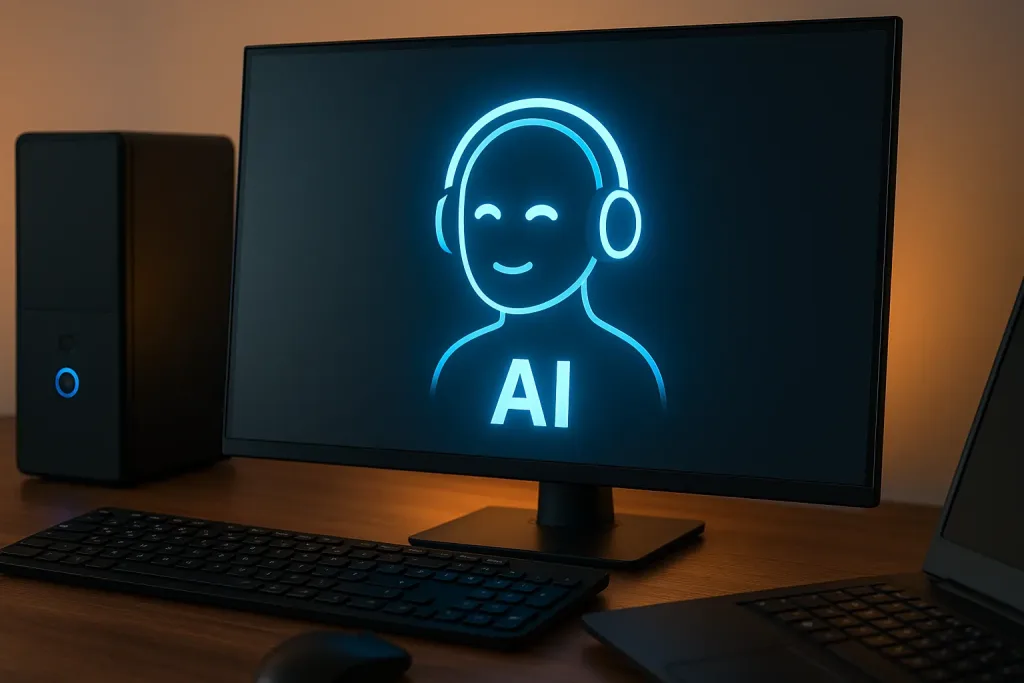
The Future of AI in System Firmware
Looking ahead, the future of AI in BIOS and UEFI seems closely tied to customisation and cloud-based synchronisation. Hardware vendors are exploring ways to integrate AI assistants with user profiles, so a preferred configuration can follow a user across multiple devices, similar to profiles in operating systems or browsers.
We are also likely to see integration with third-party services such as remote monitoring apps and hardware dashboards, giving users full visibility of system health and control through AI interfaces on their phones or tablets. AI could act as a central hub to manage thermal profiles, update firmware, or even enable/disable security features remotely.
Intel and AMD have already hinted at AI coprocessors in future CPUs that may handle low-level system management tasks. This would further blur the line between firmware and operating system, creating a more seamless and intelligent computing experience where BIOS-level adjustments can happen dynamically based on real-world conditions.
Standardisation and Industry Collaboration
For AI in firmware to become mainstream, cross-industry standards are essential. Organisations such as the Unified Extensible Firmware Interface Forum (UEFI Forum) and PCI-SIG are working on protocols to standardise AI behaviour within low-level system environments. This ensures compatibility across vendors and prevents fragmentation.
Moreover, open-source initiatives such as Coreboot and TianoCore are experimenting with modular AI extensions that could be tailored to different types of users – from enthusiasts to large-scale enterprise deployments. These projects promise transparency, security, and adaptability that proprietary solutions may lack.
Ultimately, AI in BIOS and UEFI is no longer a futuristic concept – it is a present reality that is growing more robust each month. As the technology matures, we can expect smarter, safer, and more personalised system configurations available to every user, regardless of technical expertise.
Popular topics
-
 Backup Comparison in 2026: ...
Backup Comparison in 2026: ...Backups are one of those things most people only …
-
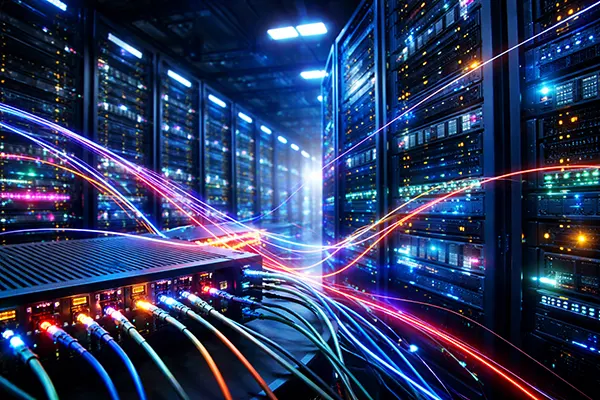 High-Performance Networking...
High-Performance Networking...High-performance networking has become a core requirement for modern …
-
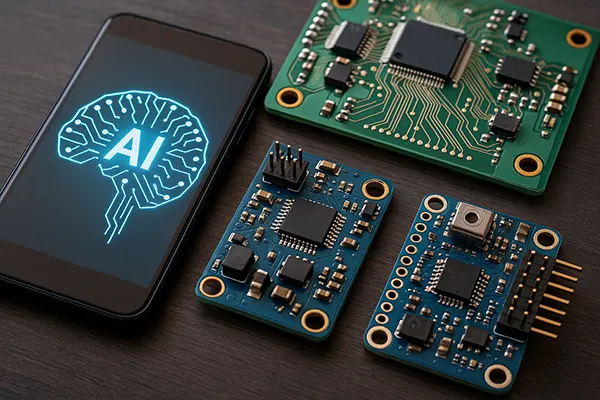 Edge AI and TinyML: How Int...
Edge AI and TinyML: How Int...Edge-level artificial intelligence has become one of the most …
-
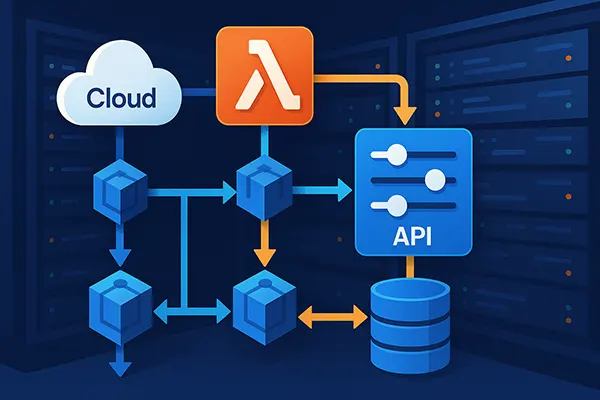 How to Programmatically Bui...
How to Programmatically Bui...Creating a flexible and efficient microservices ecosystem in 2025 …
-
 The Role of Artificial Inte...
The Role of Artificial Inte...Artificial intelligence has become a practical component of gambling …
